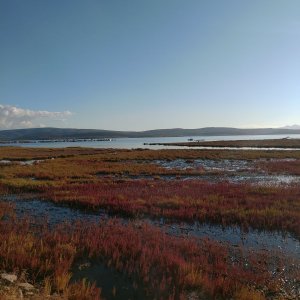
Nature-based Solutions (NbS) are seen as cost-effective and effective solutions to help governments address the growing challenges of climate change, biodiversity loss, increased frequency of extreme weather conditions and natural hazards, as well as others man-made environmental disasters. The importance of NbS is growing around the world, but there are still many challenges to overcome, related to different levels of economic development and financing, skepticism about the evidence of long-term benefits and many other interrelated factors.
The United Nations Office for Disaster Risk Reduction (UNDRR) then developed this "Words in Action: Nature-Based Solutions for Disaster Risk Reduction" guide. A practical and expert-informed guide on the creation and implementation of NbS, in particular for disaster risk reduction (DRR), but also for adaptation to climate change. They offer specific advices for implementing and planning an effective implementation strategy, in accordance with the Sendai Framework for Disaster Risk Reduction 2015-2030. The Sendai Framework recognizes that environmental management is a key component that can reduce the risk of disasters and increase resilience. For example, poor land management, the unsustainable use of natural resources and the degradation of ecosystems are highlighted as factors underlying the risk of disasters.
This guide is part of a set of guidelines ('Words in Action: Engaging for Resilience in Support of the Sendai Framework for Disaster Risk Reduction 2015-2030'), which aims to ensure global access to skills, communities of practice and to the networks of professionals of the DRR. It is important to underline that these guidelines are not to be considered as comprehensive manuals, but require more in-depth information.
Please, you can find the full Guide here.
